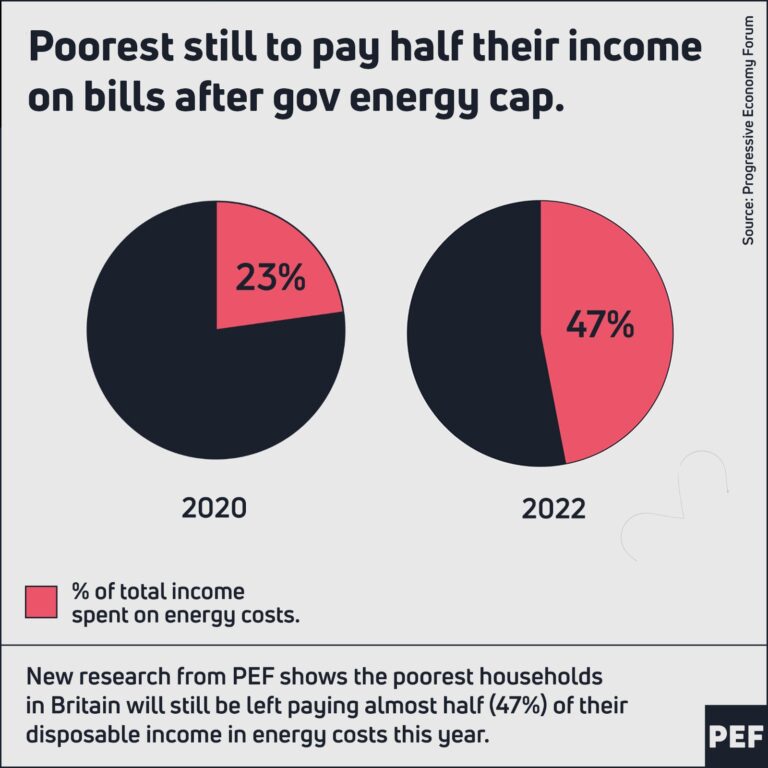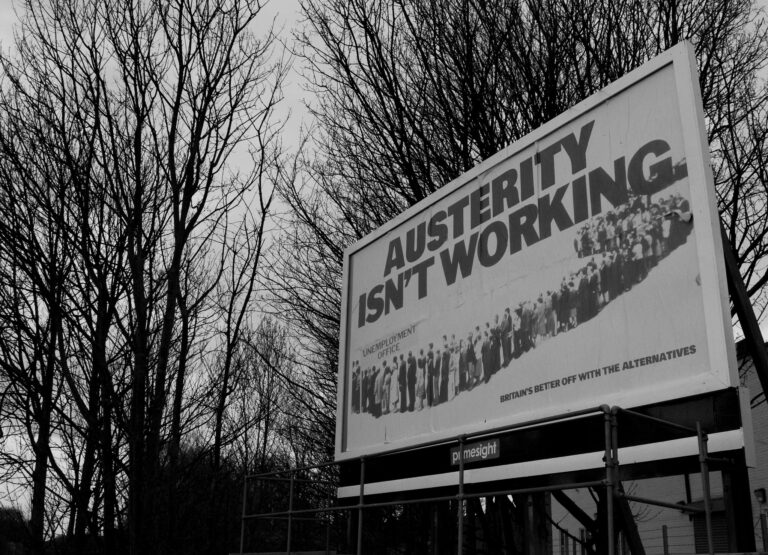PEF Chair Patrick Allen writes on why he decided to establish the Progressive Economy Forum.
I have spent the last 40 years as a solicitor in private practice building up a law firm, so you might wonder why I am choosing to create an economics forum and why now. There is a common theme.
I became a solicitor because of a passion for social justice. I saw the law as a powerful weapon to be used by citizens to overcome injustice and assert or defend their rights. My firm has been helping people to do that and in thousands of cases we have helped people to improve their lives, protect their homes and families, obtain compensation for injury or death, and correct injustice.
At the same time, I have always had a passion for economics as the tool for creating a prosperous and secure society. But we are currently using the wrong tools – the wrong policies – and these have weakened our economy and caused unnecessary poverty and suffering.
I see that harm every day in my legal practice, where the lives of our clients have been made worse by austerity. Spending cuts at the Ministry of Justice have removed legal aid from our clients in most family and civil claims. Courts are closing, court fees are astronomical. Delays are endemic due to shortage of judges, court rooms and staff.
I want a society that provides all citizens with happiness and security. This requires an economy which is equitable, dynamic and sustainable, and achieves maximum prosperity from our available resources. Macroeconomics gives us the tools to create such an economy, and it is the role of government to use these to best effect.
At present, our government is not fulfilling this duty. I am therefore creating the Progressive Economy Forum as I wish to do something to reverse the current catastrophic management of the UK economy brought about by a misguided lurch towards austerity economics.
History
We are ignoring the lessons of history. In the 1930s, economist J. M. Keynes had the insight to work out that if the economy is in recession and individuals and firms lack the confidence to spend or invest, then cutting government spending will make matters worse by reducing economic activity still further. To stop the downwards spiral into deeper and deeper depression, the government has to intervene and stimulate the economy – it has to spend more, even if that means that the government incurs debt to do so.
This insight was crucial for the recovery from the Great Depression of the 1930s. President Franklin D. Roosevelt, responsible for the Keynesian ‘New Deal’ that stimulated the economy out of recession, summarised as follows: “To balance our budget in 1933 or 1934 or 1935 would have been a crime against the American people… We accepted the final responsibility of Government, after all else had failed, to spend money when no one else had money left to spend.”
In 2008, in the immediate aftermath of the Global Financial Crisis (GFC), Prime Minister at the time Gordon Brown recognised the need to stimulate the economy and allow deficits to rise, and on a global level he spearheaded the initial Keynesian response to the deepest recession since the 1930s. For this he was widely praised: economics Nobel Laureate Paul Krugman argued Brown had “saved the world financial system”.
However, in 2010 the coalition government came into power and George Osborne became Chancellor. We have since been subjected to an economic experiment which has caused great suffering, poverty and avoidable loss of national income.
The public was led to believe that the large deficit was a danger, caused by excessive public borrowing by the Labour government. In fact, this borrowing was vital to support the economy after a reckless, unregulated financial sector plunged the world into recession.
Undeterred by history, Osborne declared that reduction of the deficit was the top priority and this would be achieved by savage and unprecedented cuts in public spending. But just as in the 1930s, the cuts in public spending have had the predictable effect of reducing economic activity, and therefore government revenue. The recovery which was underway in 2010 was stopped in its tracks.
The recovery from the recession has been the slowest since records began in 1830 and the economy has never returned to its trend growth rate of 2.5% pa. Economist and PEF Council member Simon Wren-Lewis estimates that austerity measures have cost the country 15% of GDP per date – an average of £10,000 per households. (For more on the social impact of austerity, see here.)
What is the Progressive Economy Forum?
In frustration with the above series of events, I decided to found the Progressive Economy Forum. Our aim is to launch a new macroeconomic programme – a progressive alternative to austerity economics – and we have a recruited a Council of eminent economists who will help bring this to life.
We will also create informational and training materials on economics to inform the public of the possibilities offered by such a programme. As our experience shows, economics is too important not to be understood.
“Those who cannot remember the past are condemned to repeat it” said George Santayana in 1905.
The lesson of the 1930s was that trying to balance a budget by the application of austerity – spending cuts after the 1929 crash – inflicts needless social harm, which in turn can have devastating political implications. We need only remember that the dire economic conditions of Weimar Germany – themselves a consequence of the Great Depression – were crucial to the rise of the Nazi party.
Austerity is a very dangerous and damaging doctrine and we must reverse its pernicious effects before it is too late.








